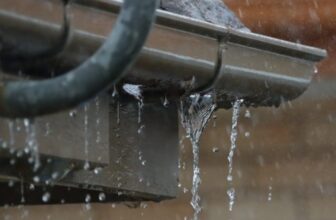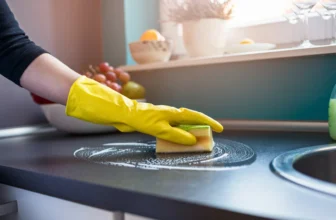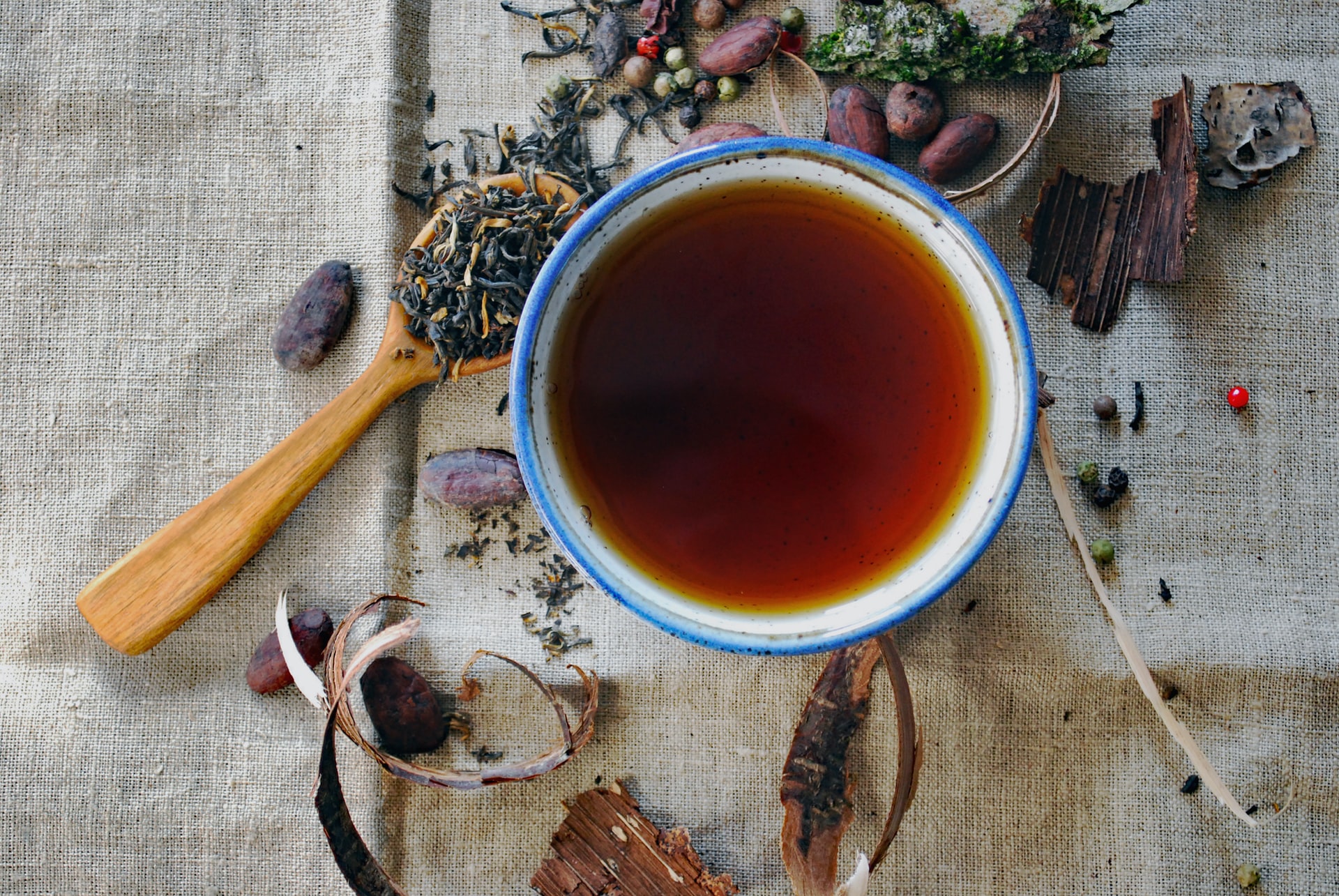
Organic food production has the main goal of reducing the use of harmful pesticides and fertilizers of unknown origin, to avoid the intake of chemicals through food. In some of these movements, no genetic intervention is even allowed to obtain a better quality fruit in principle.
In recent decades, people have become increasingly aware that industry has significantly reduced the quality of agricultural products. That is why there are gardeners and farmers who follow the principles of organic production, i.e. limit the use of pesticides, fertilizers, and other chemical ingredients that should provide a quality product.
When we talk about tea, we must know that for the most part it is traditionally grown, but there are also brands that, in order to make more profit, use ways that are contrary to organic principles. Of course, for some consumers, it does not really matter, but for others, it plays a key role in their daily enjoyment of refreshing tea.
Also, if you are one of those who enjoy sweetened tea drinks, like bubble tea, matcha latte, yerba, or chai, you surely want to add some taste and aroma to them. That’s why your favorite coffee shop is using syrup to accomplish that. Sometimes this syrup can contain tea ingredients, but in most cases, it’s some sugary resource of sweetness and additional flavors to your favorite beverage. You can see many products like that on melmas.at, and also, you can order them to use at home. That’s why you need to get to know the quality of the product better, so you can know what you are drinking all the time.
Table of Contents
Interesting fact:
Tea, according to botany, is one that comes from the plant Camellia Sinensis, i.e. green tea and its associated products, such as white or black tea. This plant is known as a tea tree too. For those who are from chamomile, mint, sage, and similar herbs, it is more correct to say that they are herbal infusions. However, these are technical details, but we thought they were interesting enough to mention in context, knowing that green tea is grown mostly in China and Japan and that traditional quality principles are followed.
Here are the basics you need to know:
1. What is organic tea production?
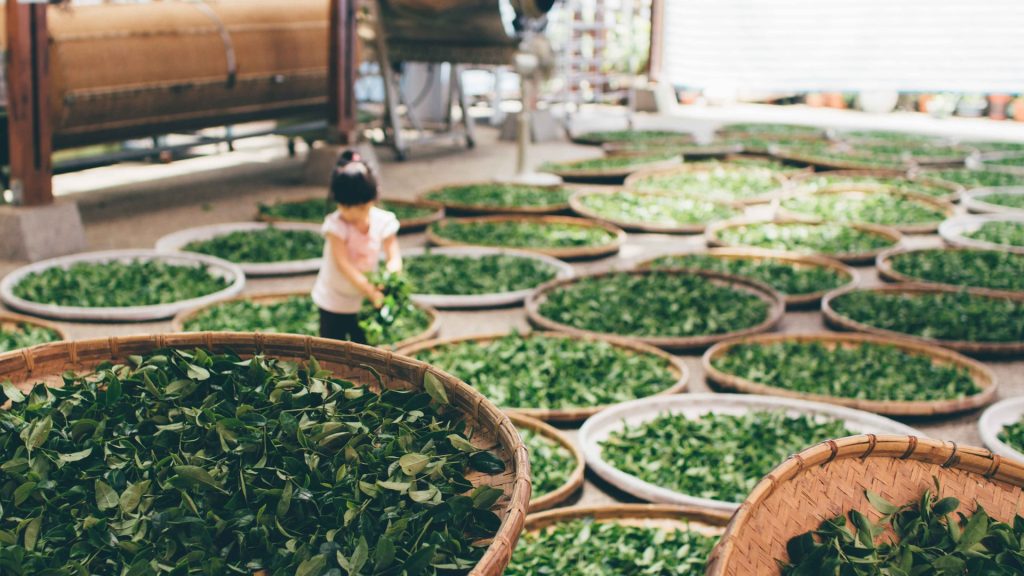
Source: unsplash.com
No pesticides, herbicides, or fungicides are used in this process, neither during cultivation nor in processing. For the most part, no harvesters are used, but it is done by hand. This means that those who collect it, know exactly how to categorize the sheets according to quality, which should be picked now, who need more time, and which are no longer good to use.
Although it does not seem like a big deal to you, in fact, once you try organically produced tea, you will feel a big difference, especially because of the effort and energy that has gone into the plant. In this way, you get a product that will be healing, but you will also enjoy it with every sip.
2. Find the list of ingredients on the bottle
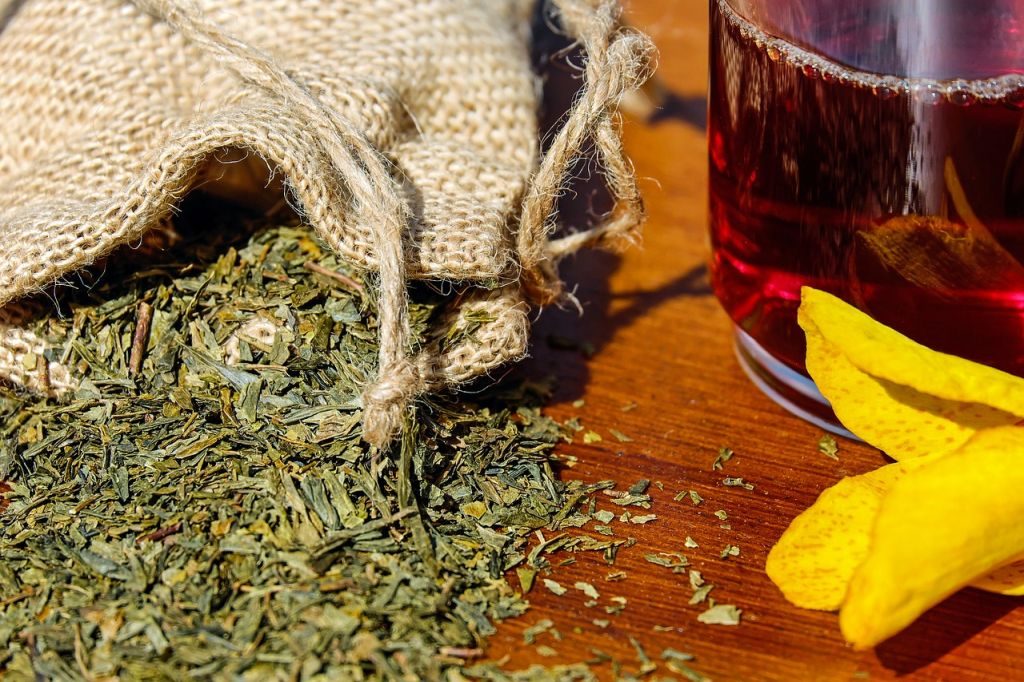
Source: ecophiles.com
By deeper researching the ingredients and components in your tea syrup, you can assess whether it is an organic product. It is usually marked on the packaging, but experience has shown that there is a difference from a completely organic product to a product that uses organic ingredients. Thus, this depends on your preferences and ideals, because for some things there is no suitable substitute, so you have to go with artificial ingredients.
There are organic plant sweeteners, but the extraction and processing process can be difficult, which means that the syrup will also be more expensive. Thus, if you have two products with a similar description, but with a difference in price, you can start from the assumption that the more expensive is better.
3. Check if they have a certificate for such production
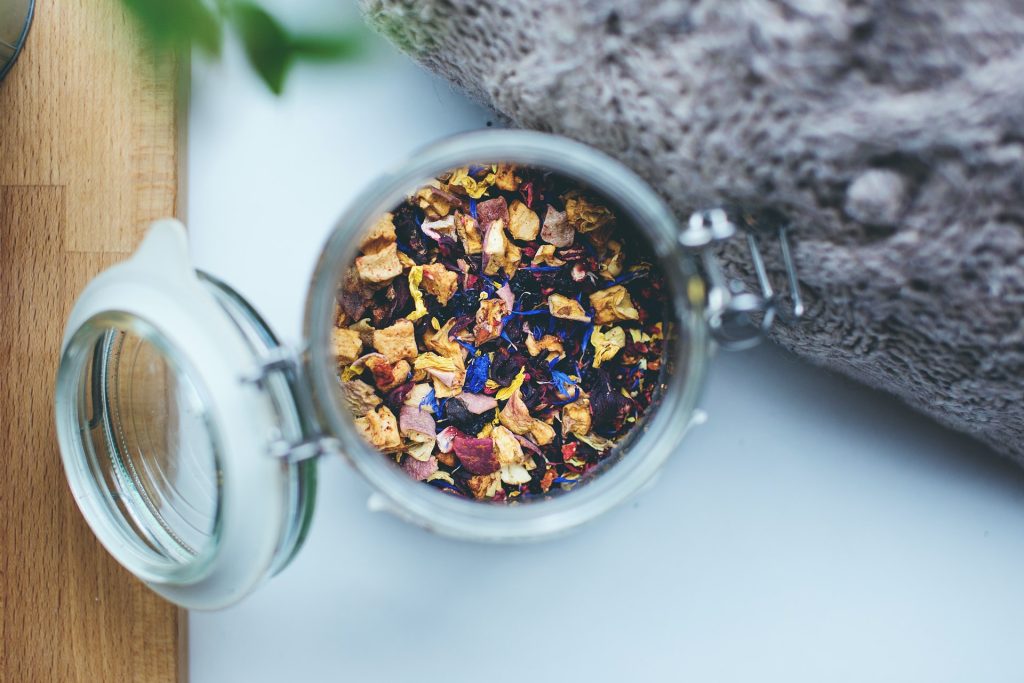
Source: unsplash.com
To obtain such a certificate, all production conditions must be met. The ingredients must be procured in a fair way, i.e. they must be produced and grown in strictly appropriate conditions, without abusing anyone’s labor. Then, as we have already mentioned, one must pay attention to the quality of the soil, the water used, the source of sugar for the syrup, the origin of the colors, and of course, the aromas. It is really difficult to find a product that meets all those minimum standards for organic production, which is why products with such certificates are rare.
But they do exist in the market and it may be better to look for them in specialty stores for beverage ingredients, in order to make sure that you pay the real price and get a product that matches the quality you are looking for.
4. Start preparing it yourself
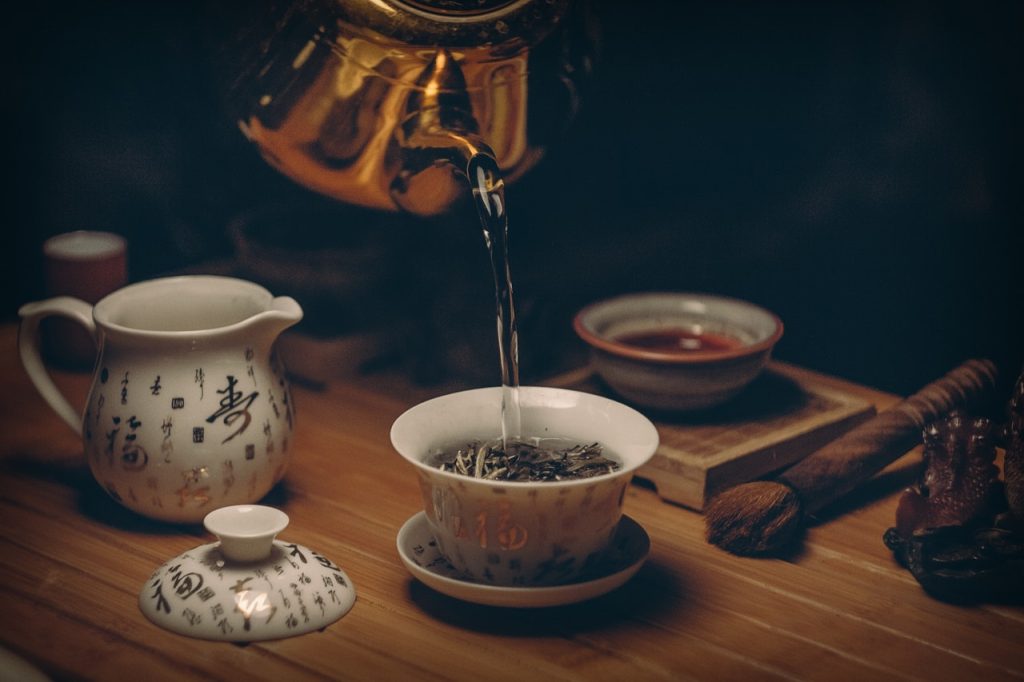
Source: pexels.com
By searching the internet, you can find basic recipes for simple syrup, which you can upgrade and experiment with. There are many examples of people and families moving to completely organic life, so if you are in the mood for something like this, you can think and produce for yourself, your loved ones, and even start a small business, especially if it is hard to find organic tea syrup near you.
Be creative with colors, ingredients, and flavors, and that may bring you unplanned success. But you can be sure that you have chosen the ingredients you use and you have decided how you will get the syrup. And that is more than enough to be sure of the quality of what you consume with your favorite tea.
Conclusion
No matter if you are more into green tea, chai latte, yerba, oolong, or the popular herbal infusions, there is always a way to enhance the flavor and get more of it. Syrups are an important ingredient in this, but if you drink your tea organic, and the enhancers are simply artificial, you will ruin the beverage. So, take your time, research the market, and identify the best products around you. Once you find them, you will have a complete experience of enjoying your favorite cup of tea.



